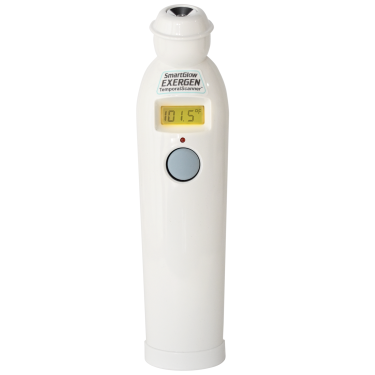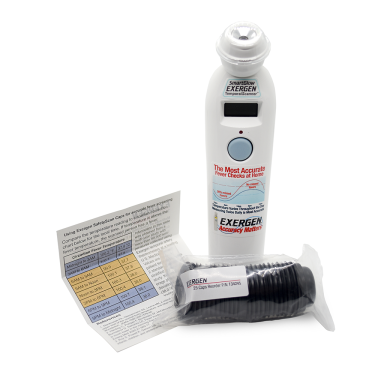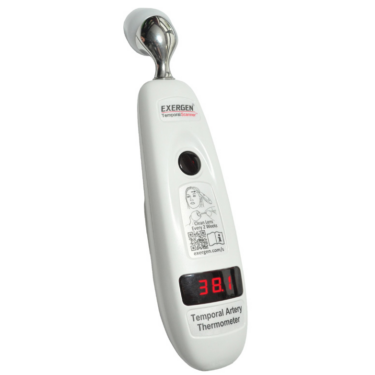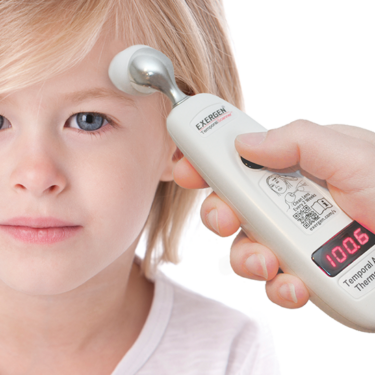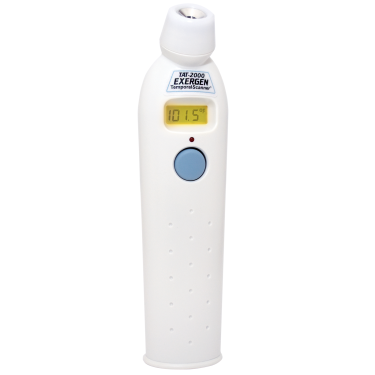The emergence of Ebola in the Democratic Republic of Congo has put health officials on alert. This viral disease first appeared in 1976 near the Ebola River. It is rare but dangerous with past outbreaks killing thousands, including more than 11,000 during the 2014–2016 West Africa epidemic.
What is Ebola and What are the Symptoms
Ebola is a viral hemorrhagic fever that spreads through direct contact with body fluids of infected people or animals. Early symptoms mimic the flu and include fever, headache, sore throat, muscle pain, and fatigue. Within days, vomiting, diarrhea, rash, and even bleeding may occur. Without treatment, Ebola can be fatal in up to 90% of cases.
Since fever is one of the common symptoms regular temperature checks are important. It is important to use a thermometer that is trusted by medical professionals and delivers highly precise readings. Try using Exergen’s Temporal Artery Thermometer because it is accurate, fast, reliable, easy to use, non-invasive, and requires just a gentle swipe across the forehead by softly touching it.
It is important to seek medical attention if you develop fever, weakness, or vomiting after visiting or living in an area with an outbreak. Quick action improves the chance of recovery but also helps protect communities.
How is Ebola Diagnosed and How is it Treated
Ebola can be diagnosed with blood tests like PCR, since its symptoms can look like malaria or typhoid. Prompt medical attention is essential, as early care including IV fluids, oxygen therapy, and monoclonal antibody treatments will greatly improve survival rates.
How to Prevent Ebola
Vaccines are available and can be used in outbreak settings to protect those at high risk, such as healthcare workers and close contacts of infected patients.
Prevention is key. Avoiding contact with body fluids, practicing good hygiene, and using protective equipment when caring for sick individuals are essential precautions. Travelers to areas with outbreaks should stay informed through health authorities and follow local safety advice.
With treatments and vaccines, Ebola is no longer a death sentence, but vigilance is crucial to preventing outbreaks.
Sources,
- Cleveland Clinic, https://my.clevelandclinic.org/health/diseases/15606-ebola-virus-disease
Exergen P/N 850543
